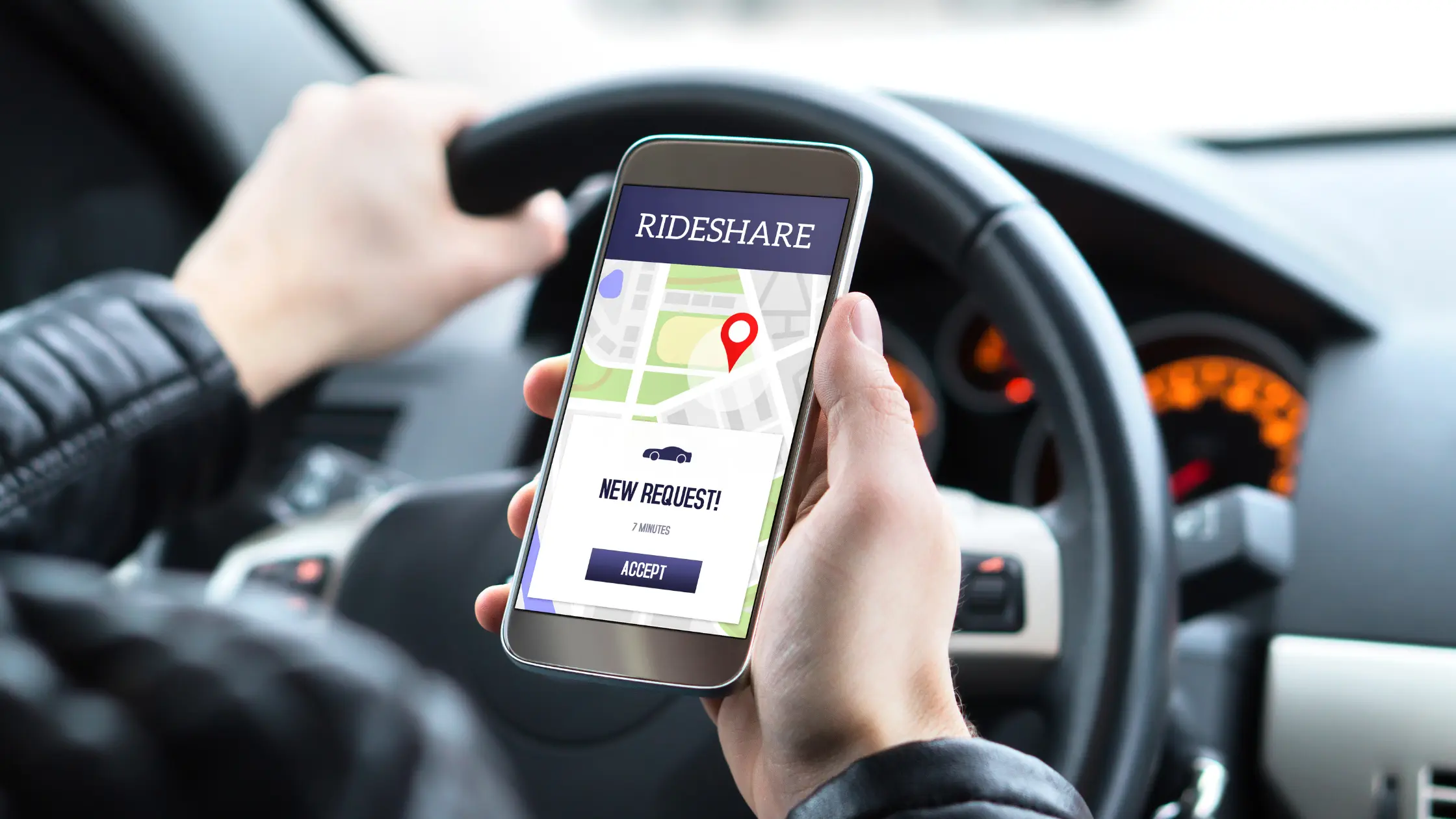Is anger one of the symptoms of depression?
Anger and Depression We all feel angry for a number...
gwpstg
January 1, 2025

My Uber rides became more than just a means of transportation; they transformed into moments of introspection, unexpected insights, and sometimes meaningful encounters.
Many of the drivers I met were navigating financial challenges. For them, every extra ride meant extra income—an immediate and tangible solution to pressing needs, whether for themselves or their families. This clarity in their problems made me realize something profound: when a problem is well-defined, the path to its solution often becomes more apparent.
On the other hand, I noticed a stark contrast among many passengers. These were people with financial stability, even abundance, yet their challenges often felt nebulous, lacking definition. Without clarity, solutions remained elusive, no matter how much money they carried. It was a poignant reminder that while money can solve specific, defined issues, it often falls short in resolving problems rooted in uncertainty or purpose.
An Uber ride, at its core, is a journey from point A to point B—a simple, yet symbolic process. When you request a ride, someone arrives just for you. There’s a brief acknowledgment, a mutual understanding that you and the driver are connected for this particular trip. As the journey unfolds, both of you keep an eye on the map, adjusting conversations to the rhythm of the ride, aware that the destination will soon arrive.
When you finally reach point B, there’s a shared sense of closure. You make sure nothing is left behind, while the driver ensures the car is left as it was. Yet, beyond the practicalities, there’s something intangible you take away—a fleeting, but meaningful connection. For that brief journey, you were both part of something singular and deliberate. It wasn’t predetermined, but rather chosen, and it leaves a quiet reminder: even the most routine experiences hold depth and significance when viewed with reflection and they should always be from Point A to Point B.
Anger and Depression We all feel angry for a number...
'AAO: Arrive at Origin' Workshop SNIPPETS OF DAY 4: Relieving...
My journey into this 'unseen' world to discover what exists beyond it, where we come...
The True Nature of Happiness: Beyond Material Wealth Happiness is subjective; each person experiences life...
We're still covering the topic of divorce. And all the views I'm sharing with you...